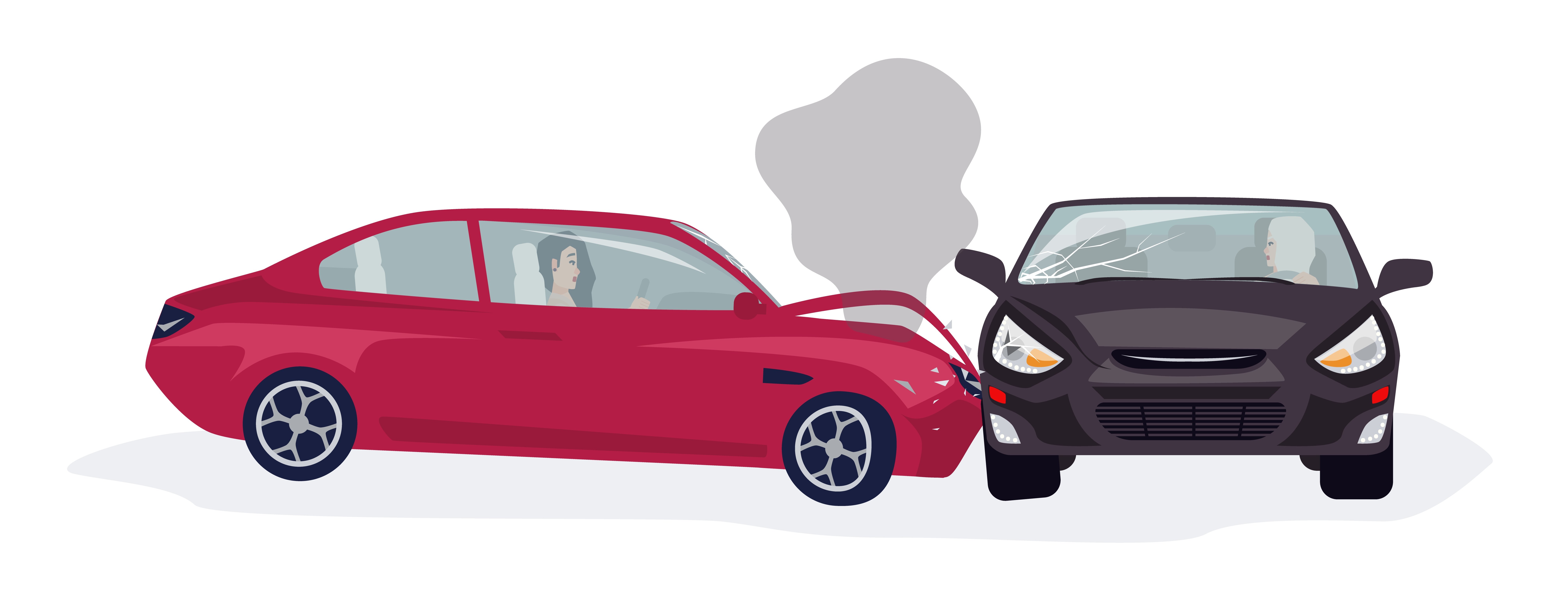
According to a study performed by the Bureau of Justice Statistics (BJS), an average of one person per day dies because of a police chase. While police officers and other law enforcement personnel must do all they can to apprehend dangerous suspects, they must also show regard for the safety of others around them. A high-speed vehicle pursuit is a very dangerous situation that can injure innocent bystanders as well as the police officers and suspects involved in the chase.
If you or your family member suffered an injury, property damage, or death because of a police chase in the Durham, North Carolina, area, you have the right to pursue compensation for your losses. The Durham accidents caused by police chase lawyer at Ben Crump Law, PLLC may be able to help you with your case. Contact our team at (844) 730-0233 to learn how we might be able to help you recover compensation. We offer a free consultation, and we work on contingency, so you will never owe us any fees unless we can obtain a settlement for you.
Police Liability for Accidents Caused by Police Chases in North Carolina
When the police chase a suspect in a vehicle, it often involves very high speeds. It can also involve breaking traffic laws such as stopping at red lights and stop signs and slowing down to make a safe turn. A police chase can be incredibly dangerous to a number of people, including:
- The officers involved in the chase
- The suspect(s) they are pursuing
- Other drivers on the roads nearby
- Pedestrians in the area
- Bicyclists in the area
- Property owners in the area
Because of the danger involved in police chases, most police departments have specific policies regarding vehicle pursuits. The Durham Police Department revised a general order in 2017 to discuss the dangers of police vehicle pursuits. This document states that “the decision to pursue must be based on a reasonable officer’s conclusion that the immediate danger to the public created by the pursuit is less than the immediate or potential danger to the public should the suspect remain at large,” and outlines circumstances when police vehicle pursuits are and are not allowed.
North Carolina also has a specific law regarding high-speed police chases. North Carolina General Statutes (GS) §20-145 states that speed limits do not apply to vehicles operated by the police in the midst of a chase or apprehension of violators or suspected violators of the law. However, this same law also states that “This exemption shall not, however, protect the driver of any such vehicle from the consequence of a reckless disregard of the safety of others.”
Essentially, then, in order to hold the police liable for the injuries you suffered during a police chase, you must prove that they acted with reckless disregard. This burden of proof is higher than simple negligence.
If you suffered injury or property damage or your loved one died because of a police chase, you do have the right to pursue compensation for your losses. The possible parties who could owe you damages include:
- The police officer who was pursuing
- The suspect being chased
- Other drivers who contributed to the accident
- The city, county, or state law enforcement agency
- Any other involved third parties, such as a mechanic who serviced the vehicles or a bartender who overserved a driver
You can attempt to hold any of these responsible parties liable for your losses by filing an insurance claim or seeking a personal injury case or a wrongful death lawsuit. Legal cases involving the government are always complex and challenging, however, so you should contact a Durham accidents caused by police chase lawyer for help with your case. At Ben Crump Law, PLLC, our team can investigate the circumstances of your accident to determine if you have a case, identify liable parties, and advise you of your legal options. Contact us today to get started.
For a free legal consultation with a police chases lawyer serving Durham, call (844) 730-0233
Lawsuit Time Limits in North Carolina
You might need more time because of the complexity of a lawsuit involving the police, but all civil lawsuits are also subject to a statute of limitations, which is a state law that sets the amount of time you have to pursue legal action.
In North Carolina, the statute of limitations for a personal injury lawsuit is three years, according to GS §1-52. The set limit for a wrongful death lawsuit is two years, according to GS §1-53. Typically, you will lose your right to recover damages after these deadlines, but there can be occasional exceptions to statutes of limitations, so you can always contact an attorney to be sure you know what your legal options are.
Durham Police Chases Lawyer Near Me (844) 730-0233
Damages You Could Recover
You have the right to seek out financial compensation, or damages, when someone else causes you harm. An insurance settlement typically offers reimbursement for medical bills and property damage (such as vehicle repair or replacement) caused in an accident. The awards you may be able to recover by pursuing a personal injury or wrongful death lawsuit are often wider and include non-economic damages.
Possible types of damages you could recover include:
- Medical bills
- Funeral costs
- Property damage costs
- Pain and suffering
- Emotional distress
- Impairment
- Disfigurement
- Loss of enjoyment of life
- Loss of consortium
Click to contact our Durham Car Accident Lawyers today
Contact Ben Crump Law, PLLC for Help
Recovering compensation for an accident caused by a police chase can be especially challenging because of the authorities, their duty to protect the public and the number of parties involved. However, at Ben Crump Law, PLLC, we do not shy away from tough cases.
Our Durham accidents caused by police chase lawyer and the rest of our team may be able to help you collect the compensation that you deserve. Since we never charge any fees unless we win an award for you, you know we are motivated to do all we can to help you. Call us at (844) 730-0233 to schedule a free consultation and learn more about your legal options.
Call or text (844) 730-0233 or complete a Free Case Evaluation form








